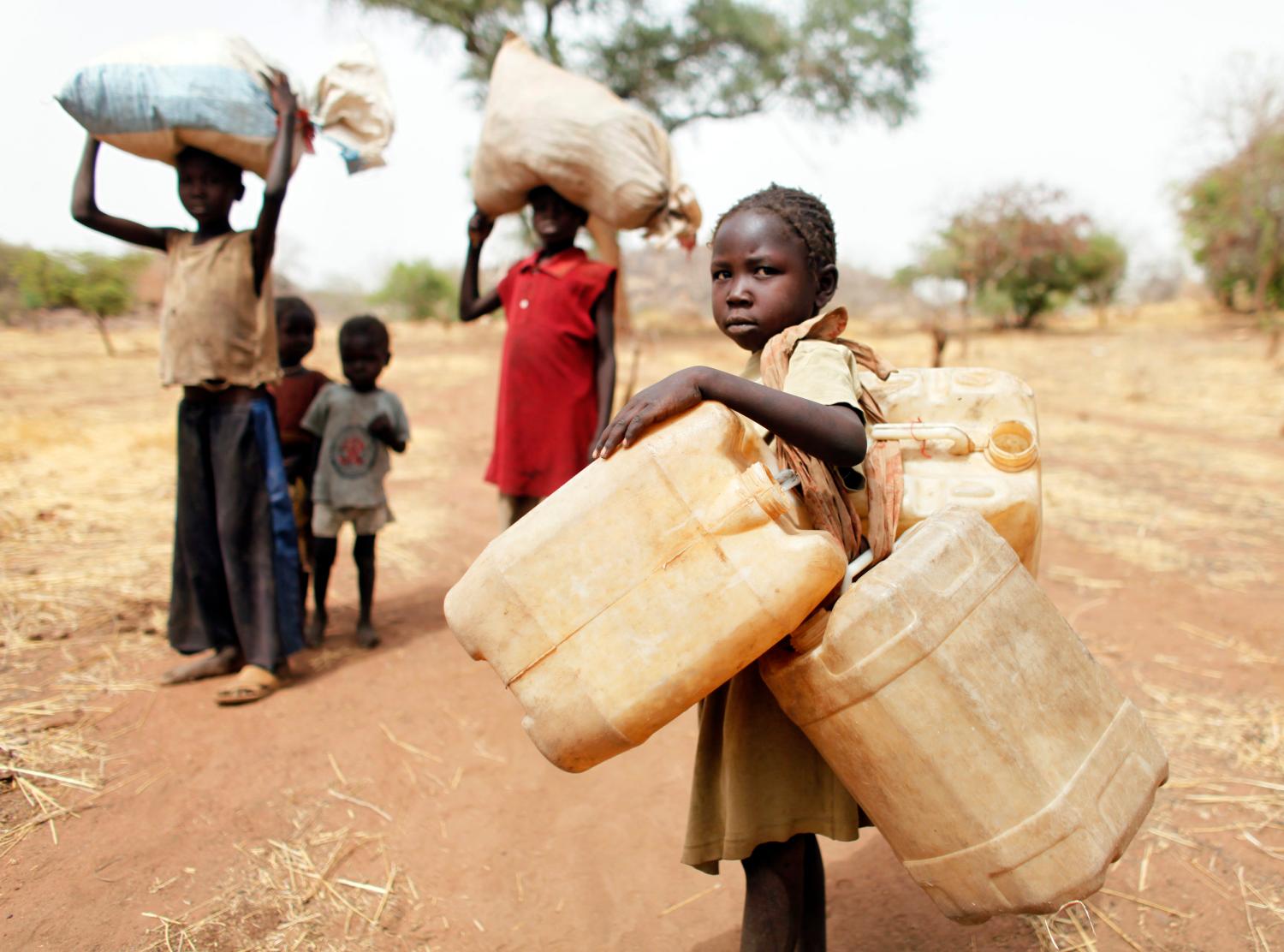
- Since world leaders unanimously embraced R2P in 2005, the international community has a mixed track record of applying the principle when mass violence is threatened or occurs. This report studies the legacy of the international response in Sudan, the Democratic Republic of the Congo (DRC), Kenya, Syria, Libya, and Sri Lanka.
- Implementing R2P faces political, institutional, and operational challenges. Expanding the set of tools for policymakers, supporting justice and accountability mechanisms, and narrowing the gap between warning and responses remain operational challenges to be met. Evolving U.S. and global institutions present new but uncertain opportunities for addressing mass atrocities.
- This report recommends a number of steps be taken to strengthen R2P: articulating a clear vision of U.S. support for all pillars of R2P, diplomatically engaging key like-minded states, pursuing a policy of positive engagement with the International Criminal Court (ICC), continuing to institutionalize steps to prevent atrocities, and developing additional uses for modern technologies to advance R2P objectives.
- The intent of these recommendations is to enhance U.S. ability to provide global leadership for the prevention of mass atrocities and to advance the collective capacity and will of the international community to fulfill its obligations under the responsibility to protect.




